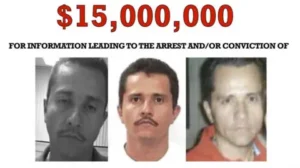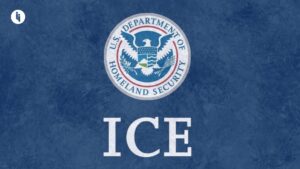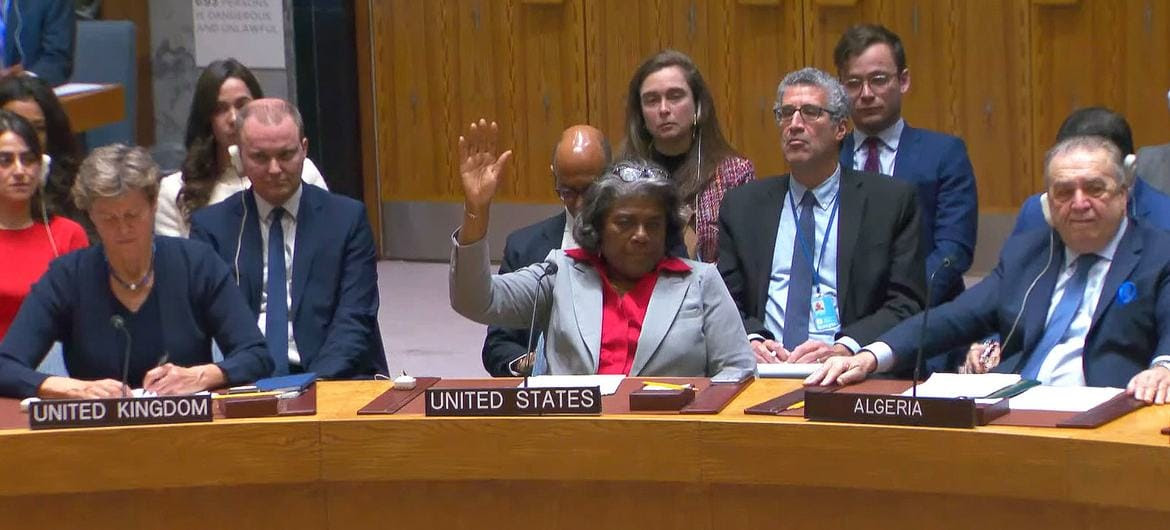The UN Security Council has passed for the first time a resolution calling for an “immediate ceasefire” in Gaza and the “immediate and unconditional release of all hostages”, after a series of duelling vetoes from the US, Russia and China.
The one-page resolution demands:
- an “immediate ceasefire for the month of Ramadan respected by all parties leading to a lasting sustainable ceasefire” [Ramadan ends 10 April]
- the “immediate and unconditional release of all hostages”, and
- the “lifting of all barriers to the provision of humanitarian assistance at scale”.
It passed with 14 votes in favour, while the US abstained. The US waved it through after the Council agreed to describe the ceasefire as “lasting” rather than “permanent”:
Stay on top of your world from inside your inbox.
Subscribe for free today and receive way much more insights.
Trusted by 160,000+ subscribers
No spam. No noise. Unsubscribe any time.
- The US prefers “lasting”, as it implies negotiations to sustain a ceasefire
- Russia dislikes the term because it’s imprecise and more open-ended
The other sticking point for the US was around the draft’s refusal to directly condemn the Hamas October 7 attacks (rather than deploring “all acts of terrorism” more broadly) – still, the US opted not to use its veto.
And now,the resolution’s passing has triggered global reactions:
UN Secretary-General António Guterres, who’s just visited the region, tweeted: “This resolution must be implemented. Failure would be unforgivable.”
Hamas welcomed the news and said it stood ready for an immediate ‘prisoner swap’ with Israel, while the Palestinian envoy to the UN said this vote “must signal the end of this assault of atrocities against our people”.
For his part, Israel’s ambassador questioned why the UNSC immediately condemned Friday’s terrorist attack in Moscow and yet still hasn’t condemned the Hamas attacks on Israel back in October.
And Israeli Prime Minister Benjamin Netanyahu went further, alleging his US ally had “abandoned its policy in the UN”; warning the resolution “gives Hamas hope that international pressure will allow them to accept a ceasefire without the release of our abductees”; and cancelling a high-level delegation to the US.
So what happens now?
UNSC resolutions are legally-binding, although there are two ‘buts’ here:
First, the US ambassador actually described this resolution as “nonbinding” – she didn’t elaborate, though it could be an effort to distinguish this resolution from the UN Charter’s Chapter VII (the legal basis for binding resolutions).
And second, UNSC resolutions aren’t readily enforceable.
So, binding UNSC demands notwithstanding, next steps here still largely depend on decisions on the ground – in this case, decisions by Hamas and Israel.
And in the meantime, the civilian toll in Gaza keeps mounting, famine there is imminent, and the Israeli hostages are approaching six months in Hamas captivity.
INTRIGUE’S TAKE
So… will Hamas and Israel comply with this resolution, fully and immediately? While we may yearn to tell you a ‘yes’, our assessment suggests it’s still a ‘no’.
First, it’s hard to see Hamas “immediately and unconditionally“ releasing all its hostages without a ceasefire in place first. Rather, Hamas has long claimed:
- It physically can’t release any hostages without a ceasefire in place
- Its hostages are its leverage to free Palestinians in Israeli prisons, and
- Its initial response suggests it now sees these UNSC demands as a ‘prisoner swap’ rather than any “unconditional” release of hostages.
Second, it’s hard to see Israel implementing an “immediate ceasefire” without Hamas agreeing to release all Israeli hostages. Indeed, Netanyahu’s initial response shows how he continues to see the two as firmly linked, and (despite some bilateral fireworks) the US still says it’ll “have Israel’s back”.
So the result here looks to us like an impasse, which gets resolved through force or negotiations. And the long-running negotiations in the region (involving Egypt and Qatar) show no signs of landing before Ramadan ends in two weeks.
Still, this UNSC vote might nudge those same negotiations along by putting the weight of international law and opinion behind three key demands, which mediators can now hammer home: let the hostages out, let the aid in, and stop the conflict.
Also worth noting:
- A US abstention on Israel is unusual but not unprecedented: it abstained on a UNSC resolution in December calling for more aid to Gaza. It likewise abstained in 2016 when the Council described certain Israeli settlements as “a flagrant violation under international law”. Israel announced (🇮🇱) a major new land seizure on Friday.
- The US has vetoed three previous resolutions calling for a ceasefire in Gaza, while Russia and China blocked a US-sponsored resolution last week, and another last year.
- The US reportedly accounts for 69% of Israel’s weapons imports, with an additional 30% coming from Germany, and the remaining 1% from Italy (which has now ceased sales).
- The head of the UNRWA (the UN agency for Palestine refugees) says Israel told the UN on Sunday it will no longer approve UNRWA food convoys into northern Gaza. Israel is yet to comment.






